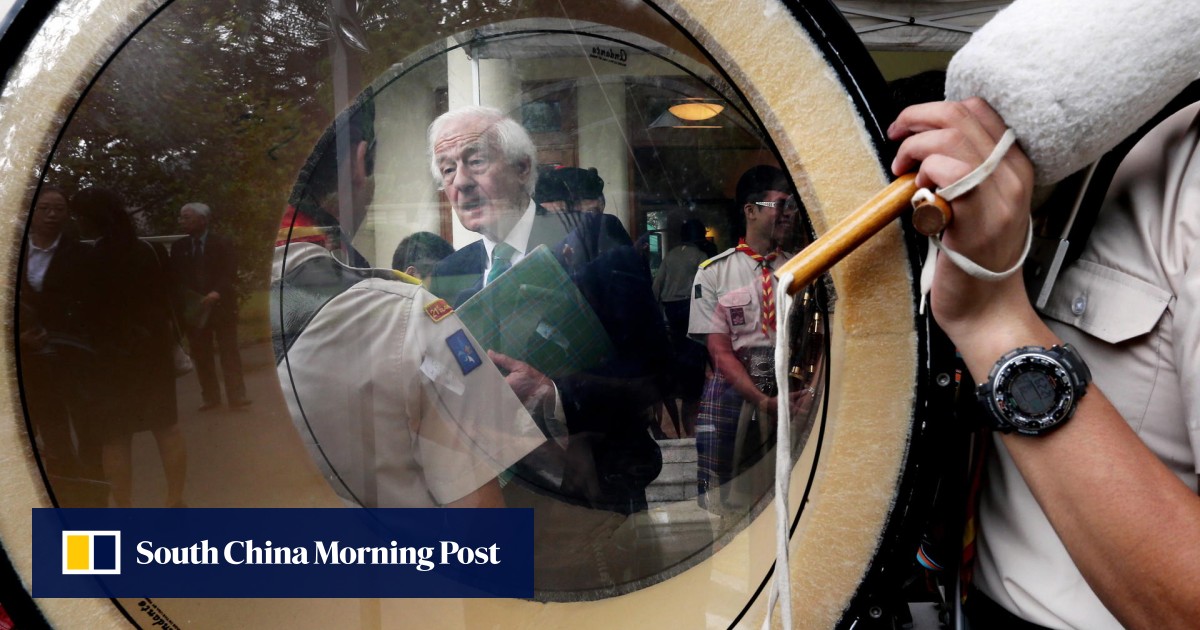King Alexander
New member
I am not making this up, but I recently came across a book and a news article saying that in 1986, Prime Minister Thatcher and the British Foreign Office considered appointing Charles III, at that time still the Prince of Wales, as the last governor of Hong Kong.
To understand this better, in the early 1980s, the British government was concerned about the future of the colony after 1997 when a lease to rent the New Territories, which made up more than half of Hong Kong's land area, was set to expire (the Island and the town of Kowloon was technically ceded to the Crown in perpetuity according to the Treaties of Nanking and Peking). Deng Xiaoping had said early on that Hong Kong must be given back to China. As a response, Thatcher appoint Edward Youde to become the new governor of Hong Kong in 1982 in order to take part in negotiations. His tenure saw the signing of the Anglo-Chinese Joint Declaration which finalised the status of Hong Kong after 1997 -- which is to become Chinese territory, although admitted into China as a Special Administrative Region rather than being annexed into the Guangdong Province. Youde, however, died of a heart attack during a visit to Peking in 1986.
The interesting part is that according to Ever the Diplomat: Confessions of a Foreign Office Mandarin, a memoir written by the ex-British ambassador to Saudi Arabia and Israel Sherard Cowper-Coles in 2012, he said that in wake of Youde's unexpected death. Thatcher ordered the Foreign Office to prepare a list of candidates to replace him as the new governor of Hong Kong. The candidate on top of the list was Prince Charles, followed by the Duke of Westminster. However, Thatcher eventually chose David Wilson to become the governor as he was more familiar with China. He became the governor untill 1992 and was succeeded by Chris Patten.
You can find more information here:
South China Morning Post

 www.scmp.com
www.scmp.com
The Sunday Times

 www.thetimes.co.uk
www.thetimes.co.uk
There are more information and sources on this yet they are all in Chinese.
A few thoughts:
1. How will this affect his relationship with Diana, as this happens before their separation?
2. How will he respond to Tiananmen 1989?
3. How long will his tenure be?
4. How will his stay in Hong Kong affect his reputation back home?
5. Will Sino-British relation will much different?
6. Most importantly, how will Hong Kong be changed?
NOTE: Sherard Cowper-Coles was also the Officer for Hong Kong in the British Foreign Office in 1994, this means he may have access to documents on this matter.
To understand this better, in the early 1980s, the British government was concerned about the future of the colony after 1997 when a lease to rent the New Territories, which made up more than half of Hong Kong's land area, was set to expire (the Island and the town of Kowloon was technically ceded to the Crown in perpetuity according to the Treaties of Nanking and Peking). Deng Xiaoping had said early on that Hong Kong must be given back to China. As a response, Thatcher appoint Edward Youde to become the new governor of Hong Kong in 1982 in order to take part in negotiations. His tenure saw the signing of the Anglo-Chinese Joint Declaration which finalised the status of Hong Kong after 1997 -- which is to become Chinese territory, although admitted into China as a Special Administrative Region rather than being annexed into the Guangdong Province. Youde, however, died of a heart attack during a visit to Peking in 1986.
The interesting part is that according to Ever the Diplomat: Confessions of a Foreign Office Mandarin, a memoir written by the ex-British ambassador to Saudi Arabia and Israel Sherard Cowper-Coles in 2012, he said that in wake of Youde's unexpected death. Thatcher ordered the Foreign Office to prepare a list of candidates to replace him as the new governor of Hong Kong. The candidate on top of the list was Prince Charles, followed by the Duke of Westminster. However, Thatcher eventually chose David Wilson to become the governor as he was more familiar with China. He became the governor untill 1992 and was succeeded by Chris Patten.
You can find more information here:
South China Morning Post

Ex-governor David Wilson 'clueless' why he got job over Prince Charles
David Wilson 'clueless' as to why he got the job over prince after the death of Edward Youde
The Sunday Times

Ever the Diplomat: Confessions of a Foreign Office Mandarin by Sherard Cowper Coles
Sherard Cowper-Coles had a distinguished and varied 33-year Foreign Office career that allowed him to observe and shape numerous diplomatic dramas that are detailed here. After tours in Cairo and
There are more information and sources on this yet they are all in Chinese.
A few thoughts:
1. How will this affect his relationship with Diana, as this happens before their separation?
2. How will he respond to Tiananmen 1989?
3. How long will his tenure be?
4. How will his stay in Hong Kong affect his reputation back home?
5. Will Sino-British relation will much different?
6. Most importantly, how will Hong Kong be changed?
NOTE: Sherard Cowper-Coles was also the Officer for Hong Kong in the British Foreign Office in 1994, this means he may have access to documents on this matter.
Last edited:

